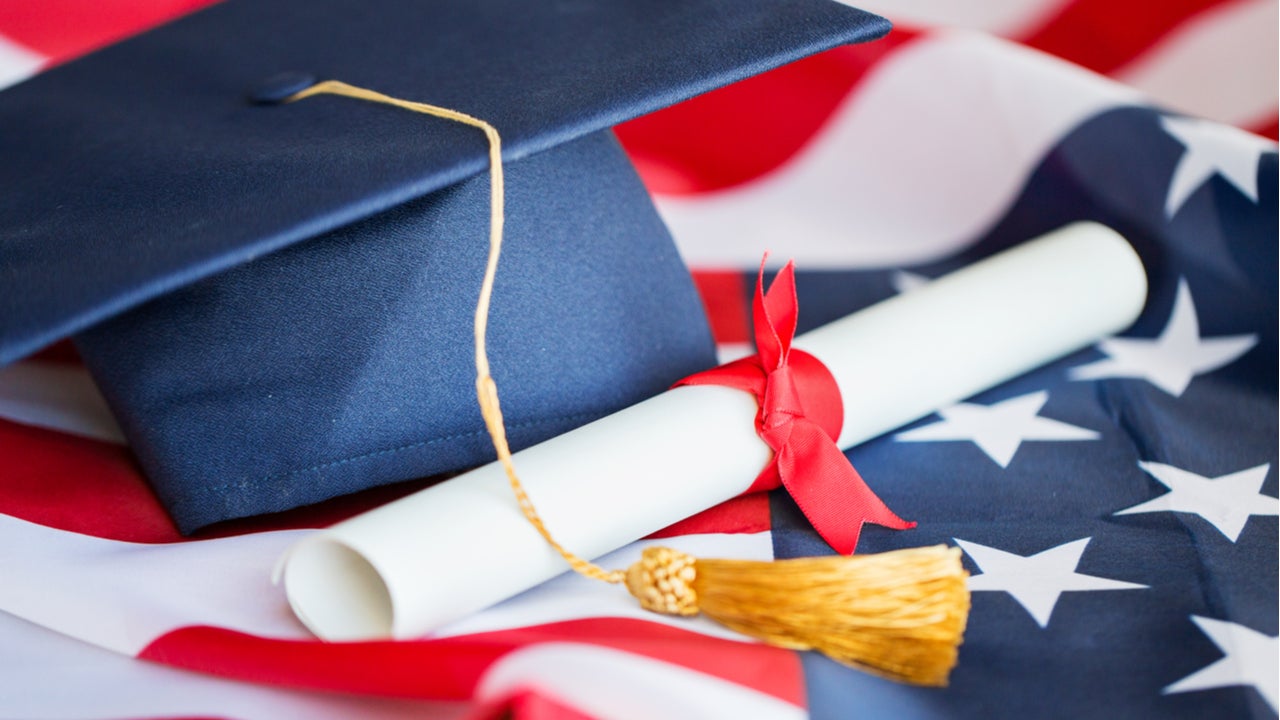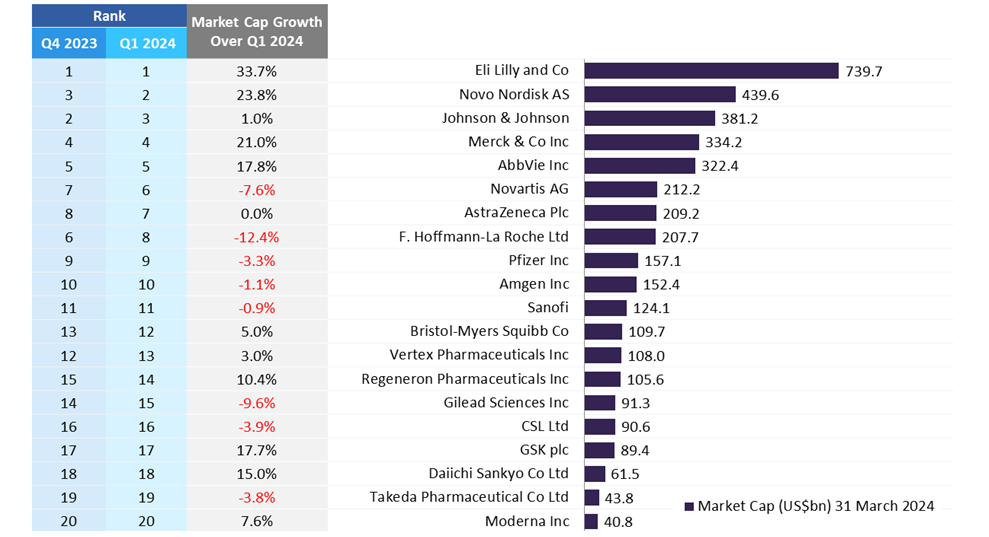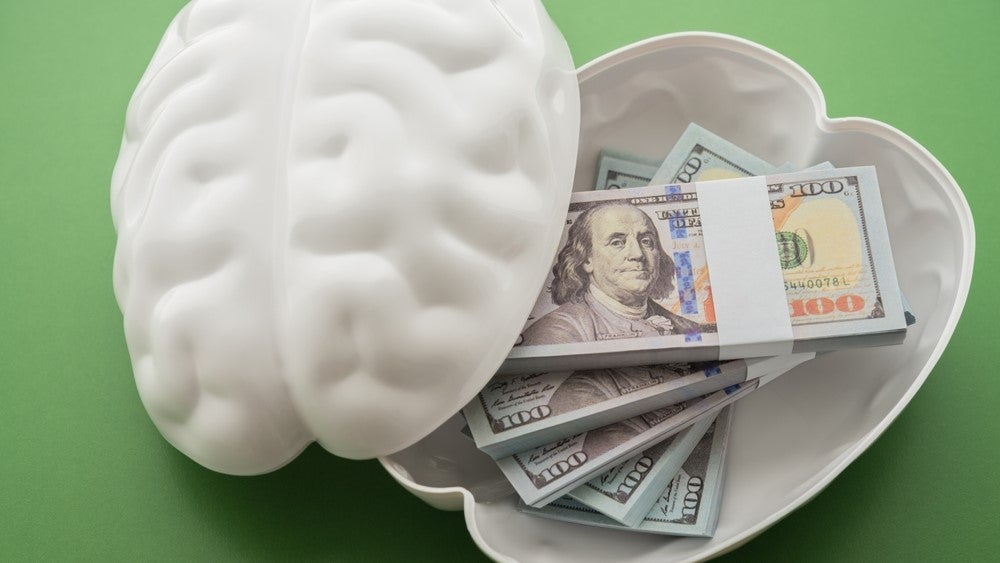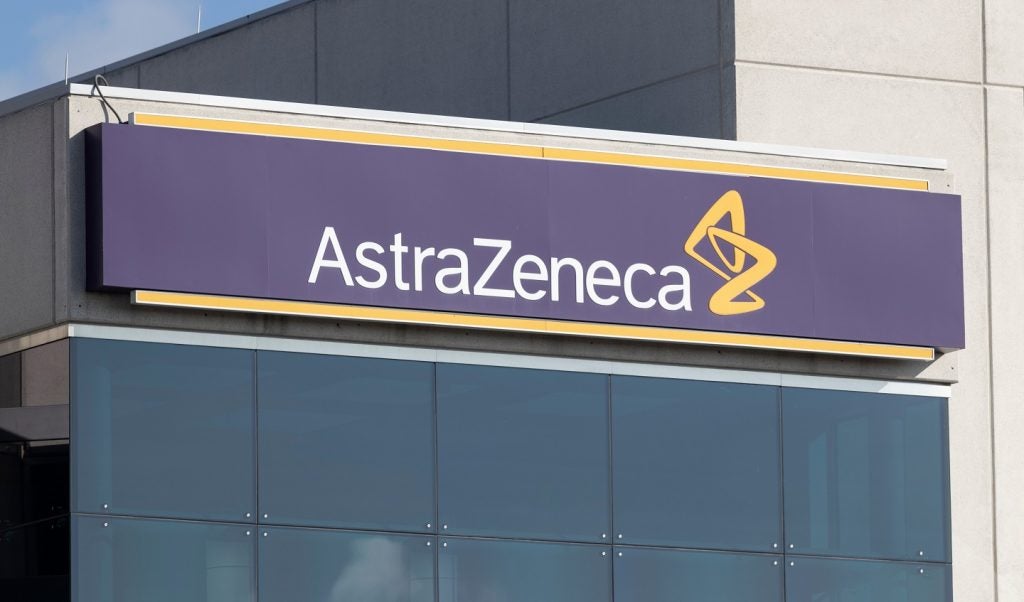
Experts opine that policymakers, students and voters alike should be worried about the rise in for-profits colleges in the US, that has been witnessing an upward trend much before the current recession and the pandemic, induced mainly by the administration’s inattentiveness to regulate and restrict predatory recruitment practices.
Susan Marie Dynarski
Susan Marie Dynarski, an economist, re-tweeted on the resurgence of for-profits colleges in the US, driven mainly by the Covid-19 recession, closure of public and non-profit institutions and favourable government policies. The influencer shares an article by Stephanie Cellini, a public policy and economics professor, on why this should be a reason for concern.
A National Student Clearinghouse report found an alarming increase of undergraduate enrolments in for-profits, which rose by 3% over the previous year compared to a sharp 9% decline in public community colleges.
The data saw more alarming patterns for first-time enrolments. According to the report, enrolments in for-profits colleges rose by 13% for first-time students aged between 21 and 24 years, and by 15% among those aged between 25 and 29 years. The author warns that it is a concerning trend as for-profits produce lower earnings and higher debt for students than other institutions.
A pandemic-induced recession, campus closures, and favorable policies under the Trump administration have led to a resurgence of for-profit colleges. @srcellini explains why this should be a cause for concern: https://t.co/stDwhTH6Sl
— Brookings Brown Center (@BrookingsEd) November 2, 2020
How well do you really know your competitors?
Access the most comprehensive Company Profiles on the market, powered by GlobalData. Save hours of research. Gain competitive edge.
 Company Profile – free sample
Company Profile – free sampleThank you!
Your download email will arrive shortly
Not ready to buy yet? Download a free sample
We are confident about the unique quality of our Company Profiles. However, we want you to make the most beneficial decision for your business, so we offer a free sample that you can download by submitting the below form
By GlobalData
Peter Morici
Peter Morici, an economist and national columnist, shared an article about US state governments and cities paying millions of dollars to consulting firms to help fight the Covid-19 health crisis. While the federal government has left the states to tackle the pandemic on their own, the struggle for unemployment insurance claims and medical supplies have led state government to pay huge sums of money to consultants for delivering medical equipment and also staff call centres to manage worker benefits.
However, some states are reaping minimum benefits for the millions being provided to consultants, the article noted. This could be the reason states are facing yawning budget gaps, Morici added.
McKinsey and Deloitte Consulting are the two major US consulting firms that have acquired $182m-worth coronavirus contracts. Caroline Buckee, an epidemiology professor at Harvard’s T.H. Chan School of Public Health is of the opinion that consultants are looking at the health crisis as a massive economic opportunity to derive maximum gains from.
This why the states facing yawning budget gaps? Democrats pay consultants to bungle jobs the public elected to do.
Struggling states and cities have called in the consultants, with high costs and mixed results https://t.co/Ml427o0wo3 via @WSJ— Peter Morici (@PMorici1) November 2, 2020
Daniel Lacalle
Daniel Lacalle, a chief economist and author, shared his views on inflation not being a social policy and that real inflation has more than doubled the official levels during the Covid-19 pandemic. In fact, a study by Alberto Cavallo, a Harvard professor, he adds, stated that the official inflation does not reflect the changes in consumptions patterns.
Another Wall Street Journal article stated that prices of essential goods were rising to up to three times the rate of official consumer price index, despite the overall inflation number remaining subdued. Therefore, while the prices for hospitality, leisure and technology fell, those for essential and daily goods rose faster than nominal and real wages.
Although central banks claim that the price rise is not due to monitory policy but market forces, he adds, it is the former which induces the price rise. Therefore, it is no surprise that the European Central Bank is constantly worried about low inflation, amid rising protests on the loss of purchasing power and savings of the middle class in the Eurozone, he adds.
https://twitter.com/dlacalle_IA/status/1323414642266431488








Related Company Profiles
National Student Clearinghouse
Deloitte Consulting LLP
Harvard Corporation
McKinsey & Co Inc